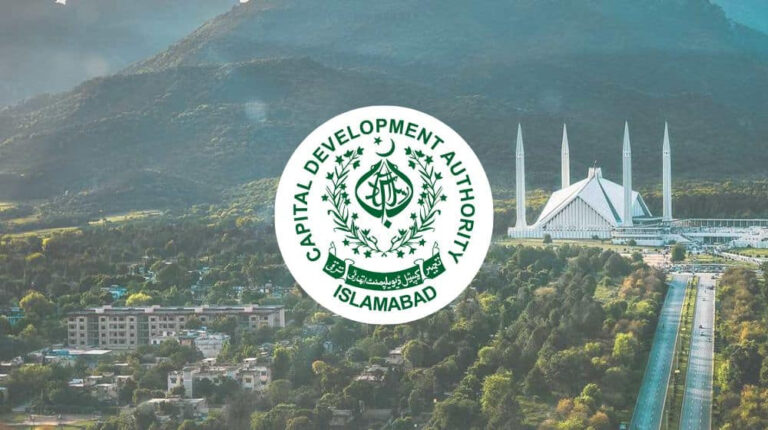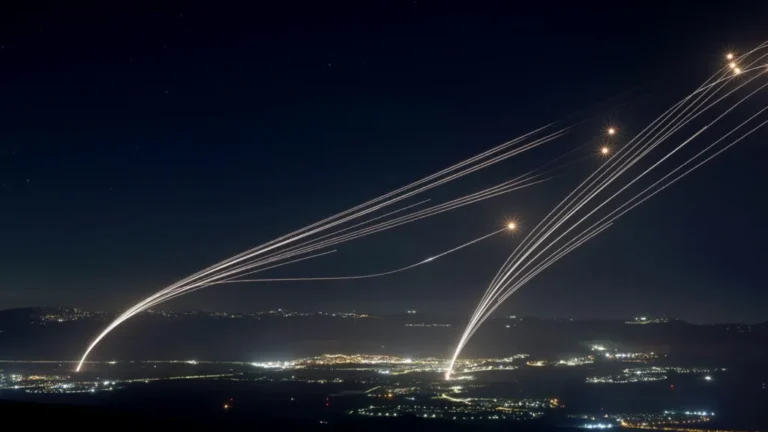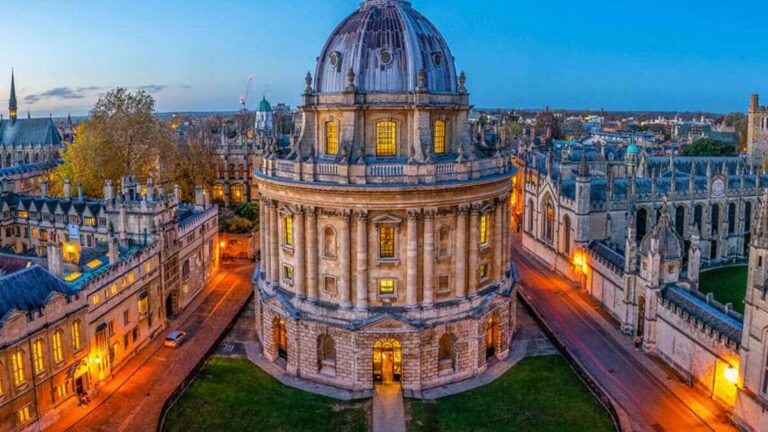In Bangladesh Thousands of Students Protests 2024
Thousands of students have taken to the streets in Bangladesh in recent protests due to a combination of long-standing grievances and immediate triggers, resulting in deadly confrontations with authorities. The protests reflect deeper issues within Bangladeshi society, particularly concerning road safety, political corruption, and youth disenfranchisement.
Why thousands of students have taken to streets in deadly protests in Bangladesh
The opposition in Bangladesh has renewed its call for prime minister Sheikh Hasina’s resignation as anti-quota protesters vowed to continue their agitation despite a court reducing job reservations for the families of war heroes. Bangladesh looked set to remain on lockdown until Tuesday, with the army taking over the streets after the worst mass protests in a decade left more than 130 people dead.
Local reports suggest the death toll could be much higher but a communication blackout has prevented information from trickling out of the embattled nation. Thousands of people were injured and hospitals filled up to capacity as protests demanding the removal of a quota system turned violent last week. Protesting students clashed with the security forces, who lobbed tear gas and rubber bullets at them. A communication blackout has been in place since Thursday, including the suspension of mobile data and text message services, as Ms Hasina’s government faces one of the sternest tests of her 15 years in power.
Streets in deadly protests in Bangladesh
Deserted streets, once the scene of violent clashes between students and security forces, were patrolled by soldiers and tanks following a week of unrest.
Foreign nations, including India – one of Bangladesh’s strongest allies – issued travel advisories for its residents as Dhaka looked like a war zone over the weekend. Germany warned its citizens against travelling to Bangladesh as “further restrictions and deterioration of the situation are to be expected”.
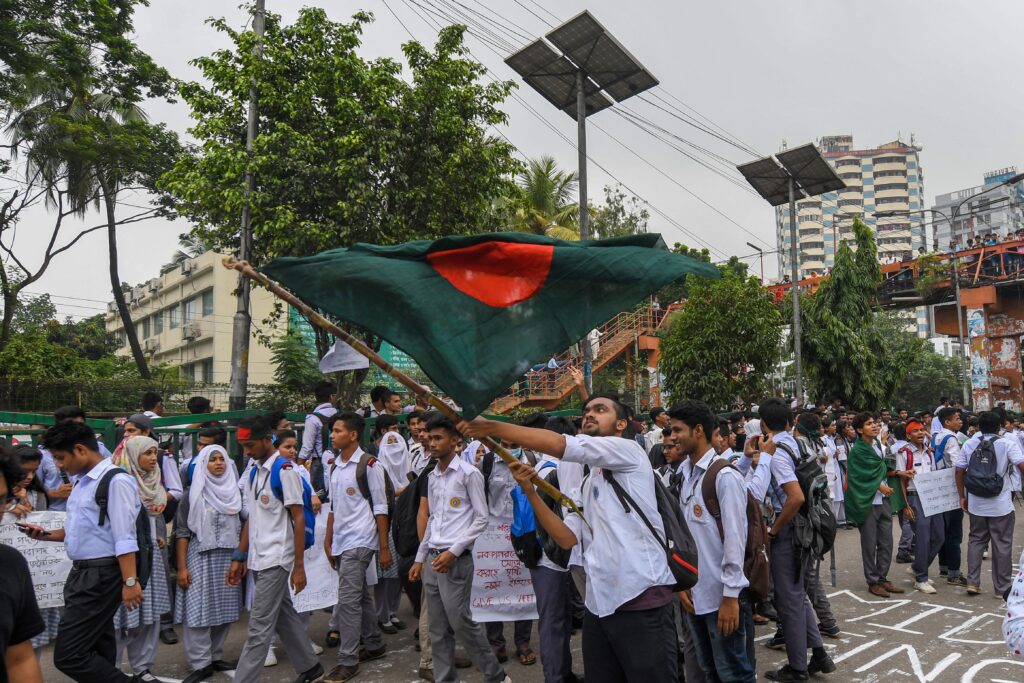
Why are Students Protesting in Bangladesh?
Bangladesh has been rocked by large-scale student protests in 2024. Thousands of young people have flooded the streets, chanting slogans and demanding change. But what exactly are they protesting?
At the heart of the issue lies a government quota system for government jobs. This system reserves up to 30% of positions for the children and relatives of veterans who fought in the 1971 war of independence. While honoring these war heroes is a noble cause, students argue that the quota system unfairly disadvantages them.
Here’s a breakdown of the students’ grievances:
- Discrimination: Students feel the quota system prioritizes birthright over merit. They’ve worked hard in school and believe they should have an equal chance at securing government jobs, which are seen as stable and well-paying compared to many private sector options.
- Lack of Transparency: Concerns exist about corruption within the quota system. Students suspect that some individuals exploit loopholes or forge documents to gain undeserved access to these reserved positions.
- Economic Disparity: Bangladesh faces high youth unemployment. With limited opportunities, students see these government jobs as a lifeline. The quota system further restricts access, fueling frustration and a sense of hopelessness.
The protests began peacefully but turned violent after clashes with police and a pro-government student group. The situation escalated quickly, with dozens of deaths reported and thousands injured. The government responded by imposing a nationwide curfew, disrupting internet access, and deploying the military.
What’s Next?
The future of the protests remains uncertain. The government has shown some willingness to negotiate, with the High Court recently scaling back the quota for certain job categories. However, students are demanding a complete abolition of the system, and tensions remain high.
The Broader Context:
These protests highlight a deeper issue in Bangladesh: the struggle for a fair and meritocratic society. While honoring veterans is important, the quota system may be outdated. The government needs to find a way to balance these concerns while ensuring equal opportunities for all. Additionally, addressing the root causes of youth unemployment – lack of job creation and skills training – is crucial.
International Impact:
The violence and unrest in Bangladesh have attracted international attention. Human rights groups have condemned the government’s crackdown on protestors, and foreign investors may be wary of the instability. This could have negative consequences for Bangladesh’s economy.
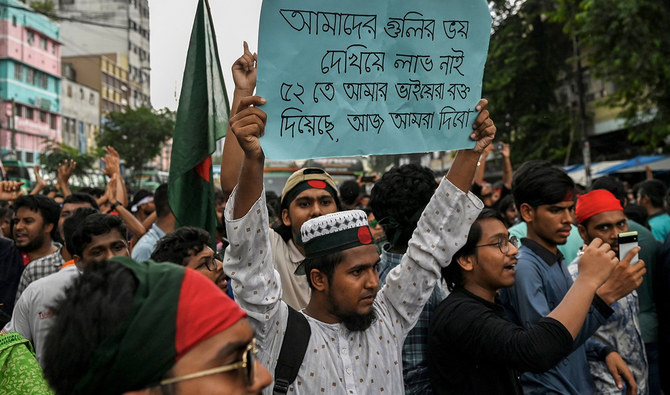
What is the Supreme Court order?
Thousands of Bangladeshi students have taken to the streets in 2024, sparking the country’s worst unrest in years. The protests, which began peacefully but turned violent, center around a long-standing government policy: reserved quotas for public sector jobs.
What are the quotas?
Bangladesh allocates a portion of government jobs (up to 30%) for the families of veterans who fought in the 1971 War of Independence. This policy aims to honor the sacrifices made during the liberation struggle.
Why are students protesting?
Students argue that the quota system is unfair and limits opportunities for them in a country with high youth unemployment. They view the reserved positions as a disadvantage in a competitive job market. The current economic situation, with rising unemployment, adds fuel to the fire.
Escalating Tensions
The protests began in late June 2024 but escalated dramatically in early July. Clashes erupted between student activists and police, with accusations of violence on both sides. The government deployed security forces to quell the demonstrations, leading to further unrest and a tragic rise in casualties.
Supreme Court Intervention
In a significant development, Bangladesh’s Supreme Court intervened on July 21st, 2024. The court ordered a reduction in the overall quota for government jobs, bringing it down from 56% (including quotas for other groups) to 50%. This move was seen as a partial concession to the students’ demands.
Uncertainties Remain
While the court order offers a potential path forward, the situation in Bangladesh remains tense. The student groups have vowed to continue their demonstrations until the quota system is abolished entirely. The government, on the other hand, faces a delicate balancing act: addressing student concerns while honoring the veterans of the war.
Impact of the Protests
The protests have had a significant impact on Bangladesh. Here are some key aspects:
- Loss of life: Dozens of people have been killed and thousands injured in the clashes.
- Economic disruption: Businesses have shut down, and essential services have been hampered due to the curfew and internet blackouts imposed by the government.
- International Scrutiny: The international community is closely monitoring the situation, raising concerns about human rights and the use of force against peaceful protestors.
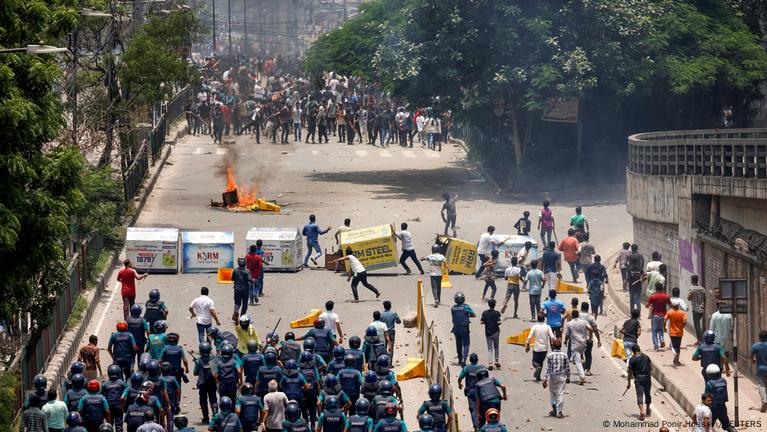
What is the quota system?
In 2024, Bangladesh witnessed massive student protests that gripped the nation. The cause? A long-standing quota system for government jobs. To understand the protests, we need to delve into the complexities of the quota system itself.
What is the Quota System?
The quota system in Bangladesh reserves a certain percentage of government jobs for specific categories. The aim is to ensure inclusivity and address historical inequalities. Here’s a breakdown of the pre-protest quota system:
- Freedom Fighters’ Quota (30%): This was the largest share, reserved for descendants of veterans who fought in the 1971 Liberation War.
- Other Quotas: Smaller quotas existed for women (30%), ethnic minorities (10%), and disabled people (10%).
Arguments for the Quota System:
- Historical Recognition: The quota for war veterans’ descendants honors the sacrifices made during the war for independence.
- Inclusion: Quotas ensure historically marginalized groups have a fair shot at government jobs, promoting diversity in the workforce.
Arguments Against the Quota System:
- Reduced Meritocracy: Critics argue quotas give an unfair advantage to certain groups, potentially overlooking more qualified candidates.
- Corruption: There were accusations that the quota system, particularly for war veterans’ descendants, was abused for political gain.
- Stagnation: Overreliance on quotas could hinder the development of a merit-based system that incentivizes education and skill development.
The 2024 Protests and the Supreme Court Ruling
The 2024 protests erupted after a High Court decision reinstated a previously scrapped quota system. Students, particularly from public and private universities, saw the 30% quota for war veterans’ descendants as excessive and a barrier to their own opportunities. The protests turned violent, highlighting deep frustrations with the system.
In response to the unrest, the Supreme Court intervened. It significantly reduced the quota for war veterans’ descendants to 5%. Overall, only 7% of government jobs would be reserved for quotas, with 93% filled based on merit.
The Aftermath and Ongoing Debate
While the court ruling addressed some student concerns, the protests continued. Students demanded the release of those arrested and accountability for those responsible for the violence. Additionally, some felt the remaining quotas still disadvantaged them.
The 2024 quota protests exposed the complex challenges of balancing meritocracy with social justice in Bangladesh. The quota system remains a topic of debate, with ongoing discussions about finding a balance that ensures both fairness and inclusivity.
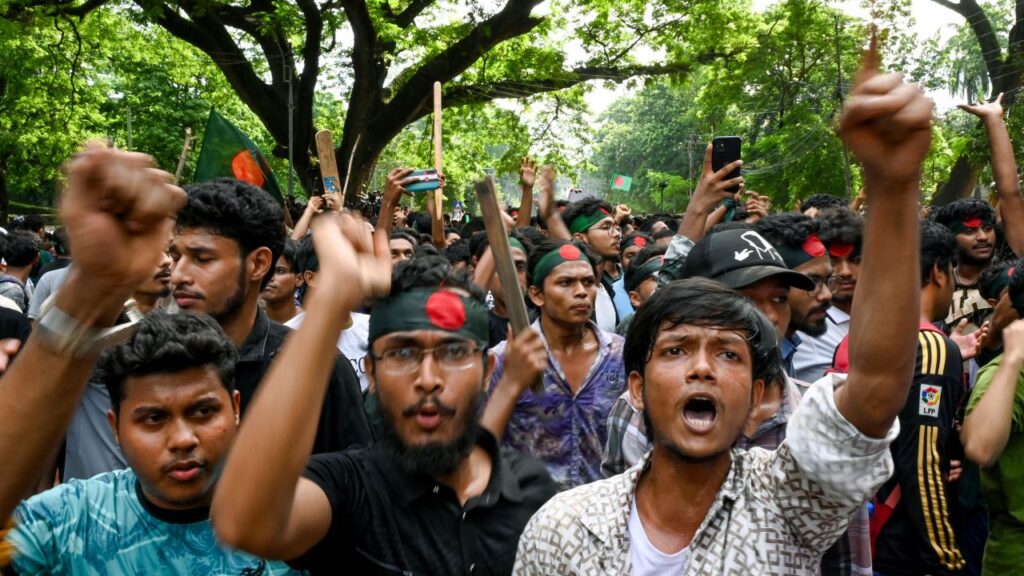
Role of Social Media
Social media played a crucial role in the organization and spread of the protests. Platforms like Facebook and Twitter were used to share information, organize demonstrations, and document instances of police brutality. The viral nature of social media helped garner international attention and support for the students’ cause.
Broader Socio-Political Context
Discontent with Governance
The road safety protests tapped into a broader vein of discontent with the government. Many students and citizens were frustrated with what they perceived as widespread corruption, lack of accountability, and inefficiency in various sectors, including transport, healthcare, and education. The protests became a conduit for expressing these broader grievances.
Economic Disparities
Bangladesh has made significant economic strides in recent years, with notable improvements in GDP growth, poverty reduction, and social indicators. However, this economic growth has not been evenly distributed. Significant disparities exist between urban and rural areas, and among different social classes. The frustrations of the youth, who often feel the brunt of unemployment and underemployment, were channeled into the protests.
Political Repression
The political climate in Bangladesh has been marked by repression and restrictions on freedom of speech and assembly. The government’s crackdown on dissent, including the arrest of opposition figures and activists, has created an environment of fear and mistrust. The students’ defiance in the face of this repression was both a reflection of their courage and a symptom of the pent-up frustrations within the society.


